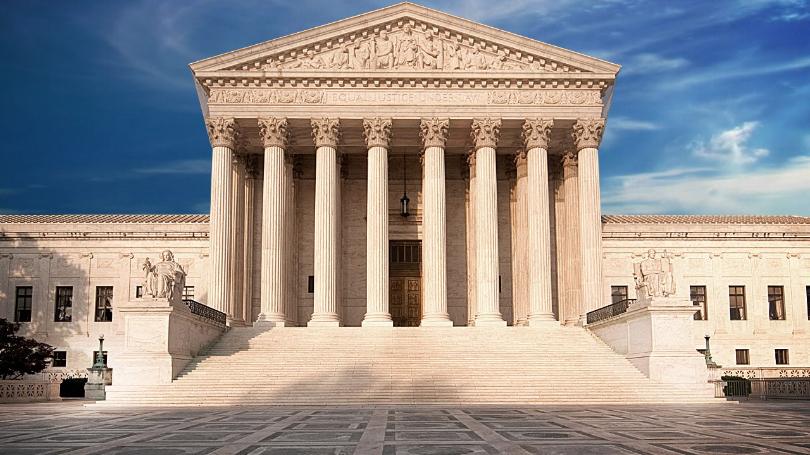Last month’s blog post addressed morally responsible vs. socially responsible investing, and our moral compass here at the Stewardship Foundation. Now, yesterday’s nomination of a conservative Catholic Justice, Brett M. Kavanaugh again puts morality in the spotlight. Coincidence maybe, but the liberal media is going nuts. Let’s take a look at a bit of history.
 Presidents usually nominate individuals who share, on the most part, their own ideological views. However, when then-President Eisenhower appointed Chief Justice Earl Warren to the courts expecting him to be a conservative judge, his decisions ultimately proved to be the most liberal in the country’s history. When President George H. W. Bush appointed David Souter in 1990, history shows that his decisions most often favored the liberal side. We can’t help but wonder whether the Senate confirmation hearings will recall these two appointments or discount them completely!
Presidents usually nominate individuals who share, on the most part, their own ideological views. However, when then-President Eisenhower appointed Chief Justice Earl Warren to the courts expecting him to be a conservative judge, his decisions ultimately proved to be the most liberal in the country’s history. When President George H. W. Bush appointed David Souter in 1990, history shows that his decisions most often favored the liberal side. We can’t help but wonder whether the Senate confirmation hearings will recall these two appointments or discount them completely!
In 1953, Samuel Enoch Stumpf wrote an elegant paper on whether the United States Supreme Court decides cases on the basis of moral and ethical value judgment. He wrote, “Such a question may reveal a misunderstanding of the nature of law as well as the nature of the judicial process. Moreover, to elect the Court to roam in the field of morals may indicate a failure to take into account the limitations placed upon the Court by both our federal system and the division of powers. Indeed, a reading of the Supreme Court decisions for the past twenty years reveals a manful resistance on the part of the judges to intrude their moral and ethical judgement into their decisions…” Read the paper here »
Many would say that the Supreme Court is not supposed to settle cases based on morality but in fact Judges are defined as moral reasoners. The late Justice Scalia himself said “the courts cannot scientifically demonstrate right answers,” and that it’s the community’s job to determine what it finds morally acceptable, not the courts.
What we find alarming is the rapid pace of society insisting that the highest court in the land make decisions in favor of declining moral values. Every year, Gallup’s question about the current state of moral values in the U.S. aligns with the view that they are getting worse. It will be a fierce debate in the confirmation hearings as the distinguished Mr. Kavanaugh faces a Congress hell-bent on supporting abortion rights, gay marriage, assisted suicide, and every other fetish in the name of diversity, tolerance, and compassion. God help us.
 MRI is a subset of SRI but is different because it screens out companies engaged in abortion, embryonic stem cell research, and pornography. It’s pro-life and pro-family. It’s a pillar of the Stewardship Foundation. MRI appeals to investors who want to buy into specific funds that match their moral compass.
MRI is a subset of SRI but is different because it screens out companies engaged in abortion, embryonic stem cell research, and pornography. It’s pro-life and pro-family. It’s a pillar of the Stewardship Foundation. MRI appeals to investors who want to buy into specific funds that match their moral compass. Ireland has voted to sweep aside generations of faithfulness to God’s 7th Commandment, do not kill. This month, citizens of the island Republic voted decisively to repeal the ban on abortions, adding to their slide toward liberalism.
Ireland has voted to sweep aside generations of faithfulness to God’s 7th Commandment, do not kill. This month, citizens of the island Republic voted decisively to repeal the ban on abortions, adding to their slide toward liberalism.